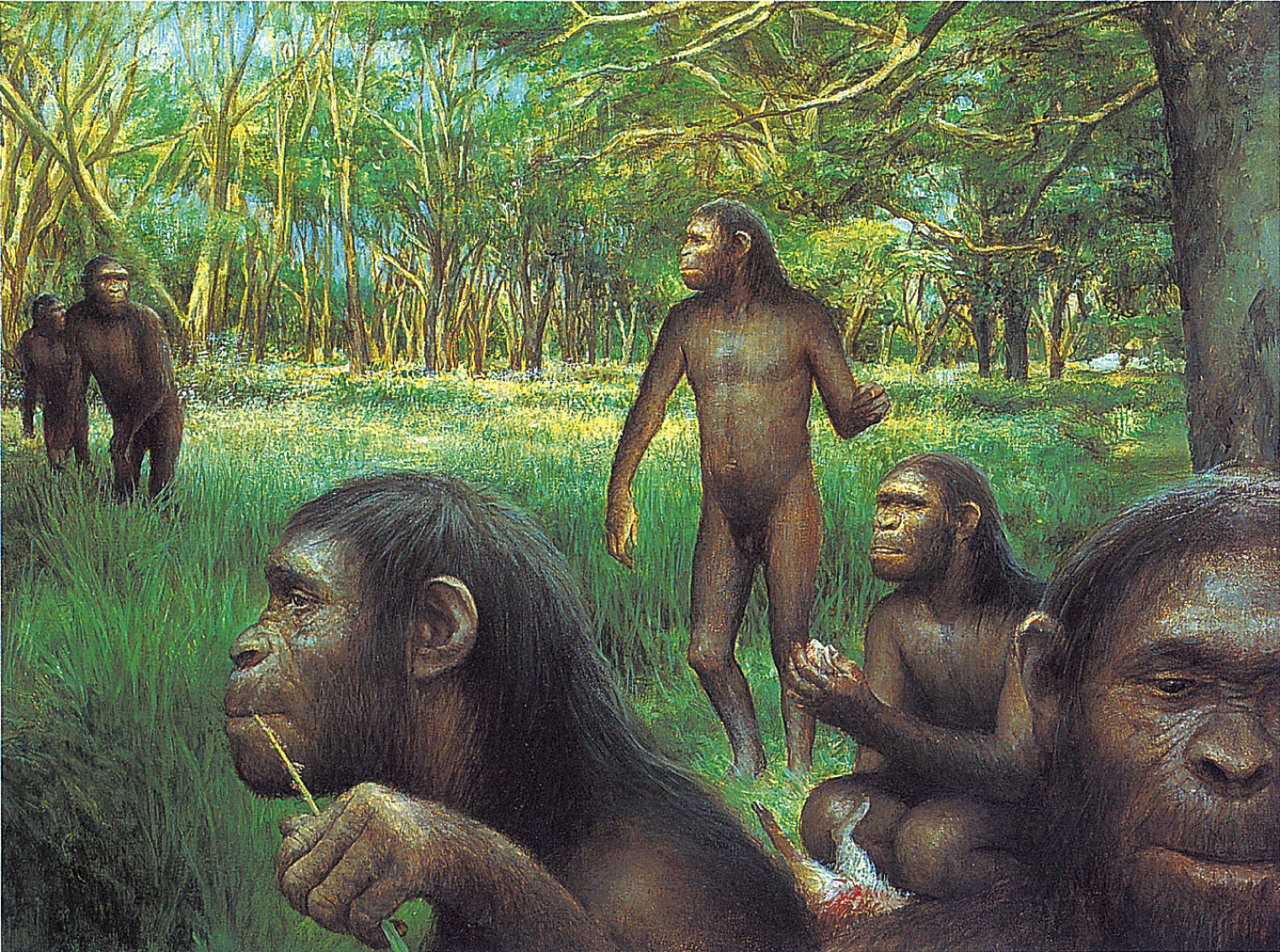When it comes to the animal kingdom, we often find ourselves marveling at the diversity of species that inhabit our planet. Regardless of our differences, the more we delve into the intricacies of genetics and biology, the more we realize just how interconnected all life on Earth truly is. One remarkable example of this interconnectedness is the relationship between humans, bonobos, and chimpanzees. Despite the differences in their "personality" traits, our DNA tells a compelling story of our shared ancestry with these incredible primates.
Bonobos and chimpanzees, our closest living relatives in the animal kingdom, are often viewed as two sides of the same evolutionary coin. While they share approximately 98 percent of their DNA with each other and with us, their differences are striking when it comes to personality traits. Bonobos, often referred to as the "hippie chimps" of the primate world, are known for their sensitive and lively nature. They have a reputation for being peace-loving, cooperative, and highly social creatures. Conflict resolution among bonobos often involves sexual behaviors and physical touch rather than aggression.
On the other hand, chimpanzees are often characterized as coarse and hot-tempered. They exhibit more aggressive and competitive behaviors, engaging in territorial disputes and even warfare with neighboring chimp communities. Their complex social structure is marked by power struggles and hierarchies.
It's intriguing to observe these stark differences in personality traits between bonobos and chimpanzees, especially given their genetic similarities. But what does this tell us about our own place in the primate family tree?
The remarkable fact that we share 98 percent of our DNA with both bonobos and chimpanzees sheds light on the complex and intertwined evolutionary history of primates. This genetic similarity points to a common ancestor that lived millions of years ago, from which humans, bonobos, and chimpanzees all descended. While it might be tempting to align ourselves with the more "flattering" personality traits of bonobos, it's crucial to remember that these behavioral differences are just one facet of our shared genetic heritage. The 98 percent genetic overlap highlights that our genetic makeup is nearly identical to both species, despite the contrasting behaviors we observe in them.
The differences in personality traits between bonobos and chimpanzees can be attributed to various factors, including their environments and social pressures. Bonobos primarily inhabit the lush and resource-rich rainforests of the Congo Basin, where food is more abundant, and cooperation is favored. Chimpanzees, on the other hand, occupy a broader range of habitats, including drier savannahs, which may have led to the development of more competitive and aggressive behaviors.

Our own evolutionary journey, which diverged from our common ancestor with bonobos and chimpanzees around 6-7 million years ago, was shaped by our unique environmental challenges and opportunities. While we may not share their specific behavioral traits, we owe much of our biological makeup to this shared ancestry. Overall, by studying our fellow primates, we gain insights not only into our own origins but also into the fascinating diversity of life forms that call our planet home. In the end, we are all part of the same grand tapestry of life, bound together by the threads of genetic legacy and evolutionary history.